Choosing the right vet for your furry companion isn’t just about finding a professional who can give shots or perform surgeries. It’s about entrusting someone with your pet’s health and well-being – a responsibility that carries great weight. Whether you’re a pet parent in Monroe or anywhere else, this decision is vital. In this article, we’ll explore key factors to consider when choosing the best Monroe vet for your pet, ensuring that their health remains a top priority.
1. Understanding Your Pet’s Needs
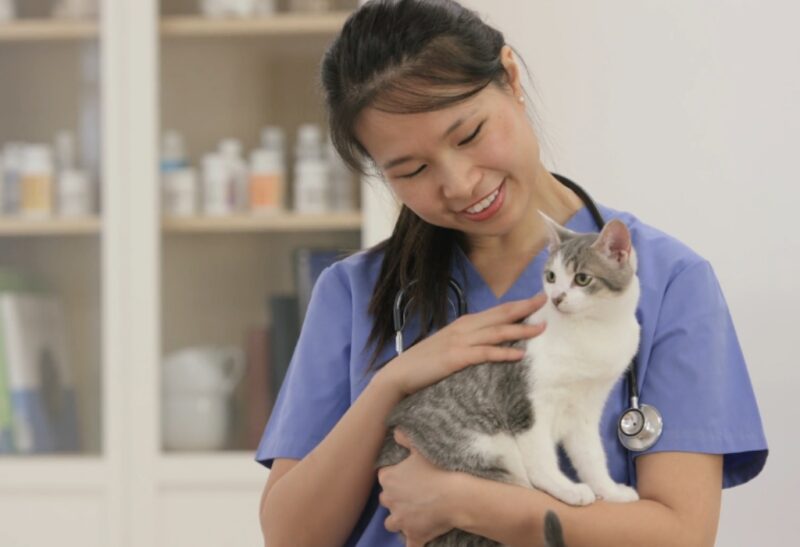
Before diving into the search, it’s essential to understand your pet’s specific needs. Different breeds may require different care levels, and age is also a factor.
“Older pets may require more frequent check-ups and specific tests, while younger ones may need vaccination schedules and general health screenings,” says Dr. Susan Jones, a leading vet in Monroe.
Also, if your pet has a chronic condition like diabetes or heart disease, you’ll need a vet experienced in managing these issues.
2. Reputation and Reviews
Start your search by asking friends, neighbors, or local pet groups for recommendations. Look for vets who are consistently praised for their professionalism, empathy, and quality of care. Also, leverage online reviews and ratings on platforms like Google and Yelp.
3. Services Offered
It’s important to understand the range of services offered by the vet clinic.
- Does it offer preventative care, such as vaccinations and wellness exams?
- Does it provide emergency services, or would you need to go somewhere else for that?
- Do they have specialists for orthopedics, dermatology, or dental care?
Having a wide array of services in one place can make your life easier and ensure consistent care for your pet.
4. Veterinary Certification and Continuing Education
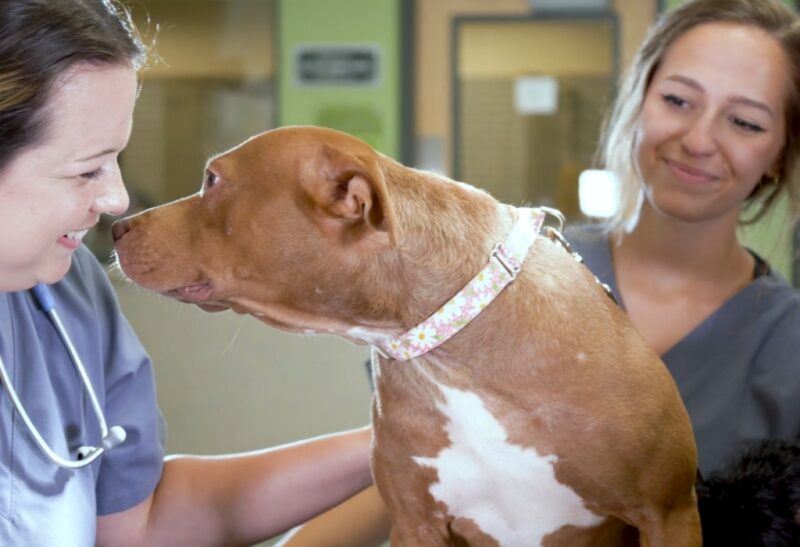
Make sure the vet you choose is certified by the American Veterinary Medical Association (AVMA). This certification ensures that they have met specific standards in their education and training.
Furthermore, medicine is always evolving, and vets should be up-to-date with the latest advancements. Dr. Jones explains,
“Continuing education is crucial in veterinary medicine. We learn about new techniques, treatments, and medications, which enables us to provide the best care for your pets.”
5. Communication Style
Good communication is the cornerstone of a strong vet-pet owner relationship. You should feel comfortable asking questions and discussing your pet’s health with the vet. Moreover, the vet should be clear, thorough, and patient when explaining medical conditions or procedures.
6. Facility and Equipment
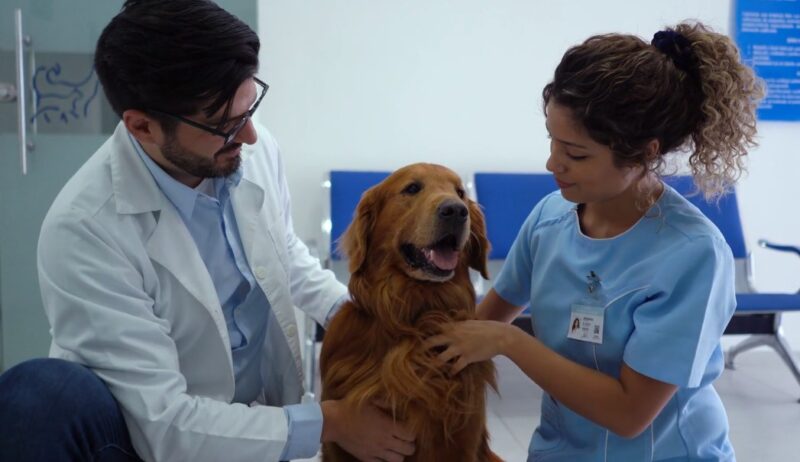
Tour the facility before you commit to a vet. Check the cleanliness of the environment, observe how the staff interacts with the pets, and assess the general atmosphere. Also, ensure they have up-to-date equipment for diagnostics, surgeries, and treatments.
7. Accessibility and Location
Consider the location of the vet clinic. In case of an emergency, you should be able to reach the clinic quickly. Moreover, consider the clinic’s hours – some offer weekend or evening hours, which can be convenient if you work a typical 9-5 job.
8. Pricing
While we all want the best for our pets, budget constraints are real. Ask for an approximate cost of basic services like exams, vaccinations, and routine procedures. Remember, though, that cost should not be the sole factor in your decision. The adage “you get what you pay for” often rings true in veterinary care.
“Opting for the cheapest vet can sometimes end up costing more in the long run if the care provided is substandard,” warns Dr. Jones.
Special Services Offered by Monroe Vets
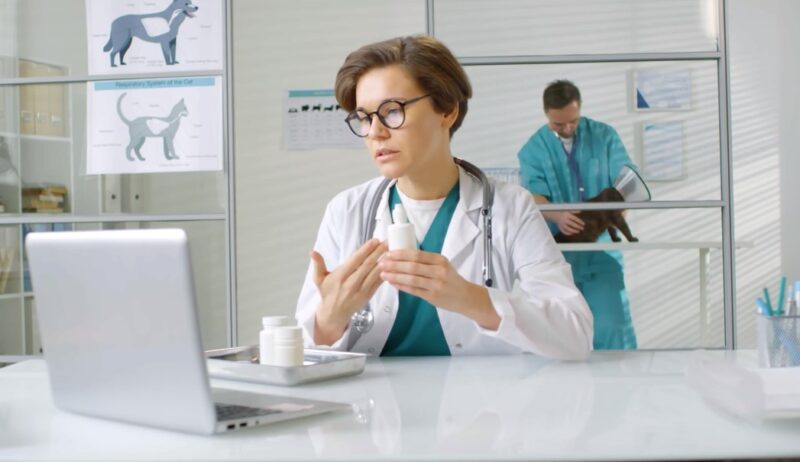
As you narrow down your choice of a vet in Monroe, you might want to explore the special services that they offer. Some veterinary clinics go above and beyond routine care and can provide additional support for your pet’s overall well-being.
1. Rehabilitation and Physiotherapy
Pets, like people, can benefit from physical therapy. If your pet has suffered an injury, is recovering from surgery, or deals with a chronic condition such as arthritis, a vet offering rehabilitation services could be valuable. These may include hydrotherapy, massage, or specific exercises to help improve mobility and speed recovery.
2. Alternative Therapies
Some Monroe vets offer alternative therapies alongside conventional treatments. These can include acupuncture, chiropractic care, and herbal remedies. While these therapies aren’t for every pet, they can provide additional options for managing pain, promoting healing, or supporting overall health.
3. Pet Nutrition Consultation
Good nutrition is the foundation of your pet’s health, and some Monroe vets offer nutrition counseling as part of their services. They can guide you in choosing the right diet for your pet based on their age, breed, activity level, and any health conditions they may have.
4. Behavioral Consultations
Behavioral issues in pets can be challenging and distressing for pet owners. Vets with expertise in animal behavior can provide guidance and solutions to problems such as aggression, separation anxiety, or inappropriate elimination.
5. End-of-Life Care and Support
When it’s time to say goodbye to your beloved pet, having a compassionate and supportive vet is crucial. Some vets offer hospice care to manage your pet’s pain and discomfort in their final days. They may also provide euthanasia services, allowing your pet to pass peacefully in a familiar environment. Additionally, they can offer resources for grief support during this difficult time.
Advanced Diagnostic Services and Surgical Capabilities
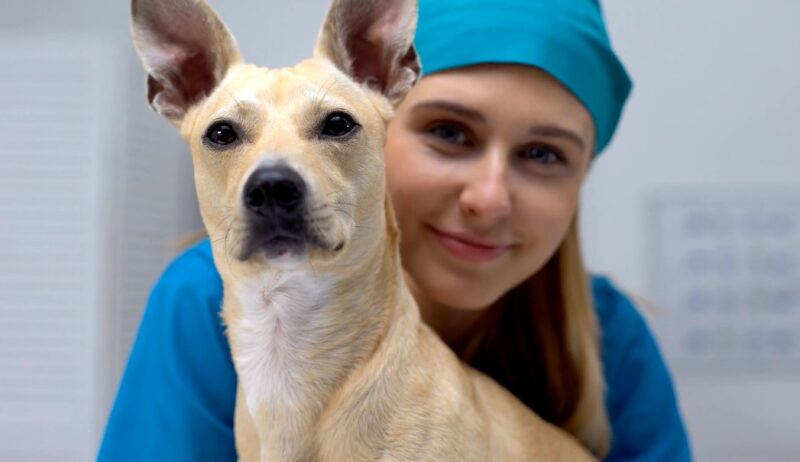
As you continue to explore options for your pet’s health care, you may want to consider the advanced diagnostic services and surgical capabilities of the vets in Monroe. Cutting-edge technology and procedures can significantly enhance your pet’s treatment plan.
1. Advanced Diagnostic Services
The capability of a vet clinic to diagnose diseases quickly and accurately is crucial in managing your pet’s health. Some clinics may offer:
- Digital Radiology: This service provides detailed images of your pet’s bones and internal organs, helping vets to diagnose a variety of conditions, including fractures, tumors, and heart diseases.
- Ultrasound: This non-invasive method allows vets to examine the structure and function of internal organs in real time.
- In-house Laboratory: A vet clinic with an in-house laboratory can provide rapid results for blood tests, urine analysis, and other diagnostic tests.
2. Dental Care
Dental health is a vital aspect of your pet’s overall well-being. Some vet clinics offer comprehensive dental care, including dental exams, teeth cleaning, and extractions. Digital dental radiographs may also be available to diagnose oral diseases that aren’t visible to the naked eye.
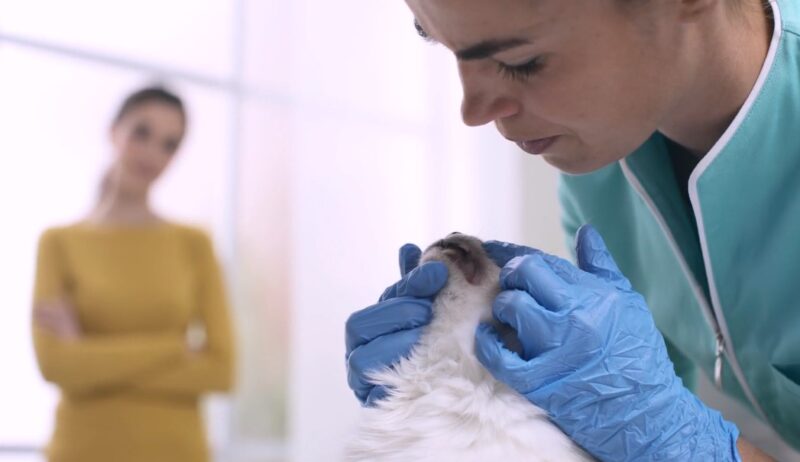
3. Surgical Capabilities
Evaluate the surgical capabilities of the Monroe vets you’re considering. Even if your pet doesn’t require surgery now, it’s good to know what options are available should the need arise. Here are some procedures you might want to check for:
- Orthopedic Surgeries: These include procedures to treat conditions affecting your pet’s bones, joints, ligaments, tendons, and muscles.
- Soft Tissue Surgeries: These surgeries involve the skin, muscle, or internal organs and can range from routine procedures (like spaying or neutering) to more complex ones (like tumor removals or bladder surgeries).
- Laparoscopic Surgeries: Minimally invasive surgeries, such as laparoscopy, cause less pain and have a quicker recovery time.
4. Emergency Services
Some Monroe vet clinics offer 24-hour emergency services. Pets can fall ill or get injured unexpectedly, and having access to round-the-clock care can make all the difference.
5. Specialized Veterinary Care
Some pets may require specialized care due to specific conditions or diseases. Services to look for might include dermatology, neurology, oncology, ophthalmology, and cardiology.
Final Words
Choosing the right vet for your pet is a significant decision that requires careful consideration. With this guide, you should be well on your way to finding the perfect Monroe vet to meet your pet’s needs.
Remember, your pet’s health matters, and the vet you choose plays a crucial role in ensuring they live a happy, healthy life. It’s not just about the credentials or the facilities but also about empathy, passion for animal health, and a strong commitment to pet parent education. Ultimately, your gut feeling might be the most important factor. Trust it. If you feel comfortable and reassured in a vet’s presence, it’s likely your pet will, too.







